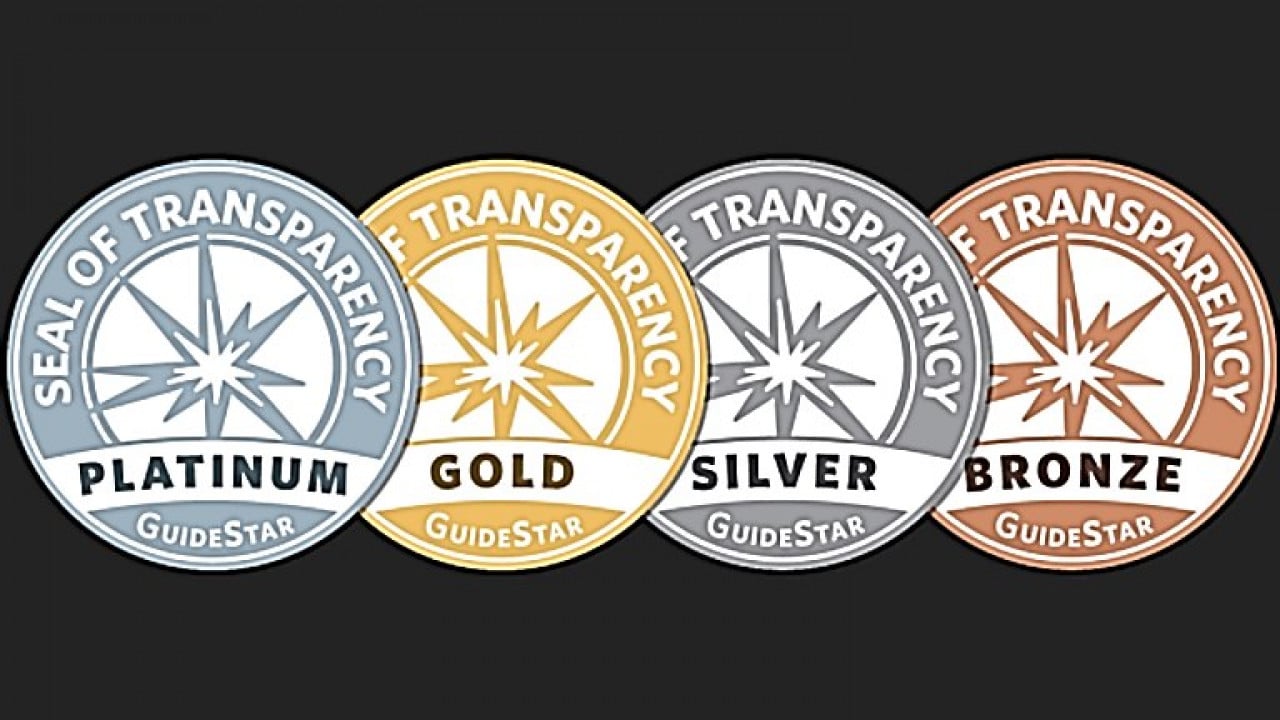Results from a New Donor Survey Highlight Need for Nonprofits to Demonstrate Impact Via More Engaging Content Such As Video and Beneficiaries’ Stories
WASHINGTON, DC – January 26, 2022 – Network for Good, a leading provider of fundraising software for small and mid-sized nonprofits and thought leadership in the nonprofit space, in partnership with the Indiana University Lilly Family School of Philanthropy at IUPUI, is sharing the findings of a donor survey on subscription-based giving, a modern twist on recurring giving. This report is one of a set of three new research studies in The Giving Environment series released by the Lilly Family School of Philanthropy. The new studies in the series include results of donor focus groups, a donor communication experiment, and the donor survey, which together provide new insights about demonstrating donor impact, fostering empathy, and the relative strength of competing donor communications channels.
The new studies build on the initial phase of research which documented an historic decline in donor participation rates in the United States. Since 2008, the percentage of American households making charitable contributions has dropped significantly, falling to 50% for the first time in 2018 – the latest year for which comprehensive donor participation data are available. The initial report and the three new reports are based on research funded by the Bill & Melinda Gates Foundation.
“We are excited to be sharing these findings as the culmination of our Subscription GivingSM survey collaboration with the Lilly Family School of Philanthropy,” said Kimberly O’Donnell, Chief Fundraising Officer and Senior Vice President of Professional Services at Network for Good. Since 2020, Network for Good has partnered with the Bill & Melinda Gates Foundation to test a method for Subscription Giving aimed at dramatically increasing recurring giving among small to medium sized nonprofits. The model offers participating donors access to exclusive, curated content and communication. It is intended to help nonprofits better engage occasional donors through ongoing stewardship that highlights the impact made by the donor.
“It’s no secret that the subscription economy has become an ingrained part of our consumer lives through companies like Netflix, Spotify, Dollar Shave Club, and more,” adds O’Donnell. “Through the pilot we’ve seen that this giving model can move the needle: after the first year, pilot participants had, on average, 2X more total revenue, 5X more subscription/recurring donors, and 6X more subscription/recurring revenue over the control group. We’ve seen that those who invest in this approach find success. Our next question was how donors felt about ‘subscribing’ and what types of communication and recognition resonate. Our partnership with the Lilly Family School of Philanthropy on the survey gave us the chance to dig deeper to see what donors thought of this new giving method.”
Over a two-month period from November to December of 2021, researchers at the Lilly Family School of Philanthropy surveyed 259 participants for a research study that sought input from donors of nonprofit organizations within Network for Good’s pilot study on Subscription Giving. Survey participants included both subscription donors and non-subscription donors. Designed to explore insights that may help address donor retention and cultivate recurring donors, the survey’s findings suggest that exclusive content featuring stories and experiences from the people benefiting from donor philanthropy is highly valued by all donors, and especially subscription donors.
“The findings of our three newest studies, including the survey, make it unmistakably clear that donors not only want to understand the impact of their gifts, but value organizations that intentionally foster meaningful relationships with their donors,” said Una Osili, Ph.D., Associate Dean for Research and International Programs at the school. “While such donor expectations are not new, our research from these new studies suggests donors have increasing expectations for how organizations build connections with them and communicate the scope of their impact. Critically, our findings also suggest that donors are looking to support organizations with a demonstrated focus on affecting systemic change within the donors’ communities. Taken together, our findings from these three new studies begin to outline a new framework for best practices in donor engagement and cultivation.”
The research study on the survey findings can be accessed through the Indiana University Lilly Family School of Philanthropy’s website along with the other new studies in The Giving Environment series.
Network for Good’s work on Subscription GivingSM has been published in two eGuides, The Guide to Subscription GivingSM and The Subscription Giving Method: Start Raising 2x More!, and will be expanded on in a third eGuide in Spring 2022.
While the survey’s findings are significant, they represent just one aspect of Network for Good’s industry-defining thought leadership in philanthropy. Additional efforts include our Accidental Fundraiser podcast, which was launched in 2021 and our popular weekly webinar series.
ABOUT NETWORK FOR GOOD
Network for Good helps small nonprofits cultivate donor relationships and advance their missions with simple, smart fundraising software, personal coaching, and online resources. As a mission-driven company, Network for Good has a legacy of providing trusted support to over 400,000 nonprofit leaders since 2001 and has helped pioneer the online fundraising space by enabling nonprofit organizations to raise more than $4 billion from millions of donors.
ABOUT THE LILLY FAMILY SCHOOL OF PHILANTHROPY
The Indiana University Lilly Family School of Philanthropy at IUPUI is dedicated to improving philanthropy to improve the world by training and empowering students and professionals to be innovators and leaders who create positive and lasting change. The school offers a comprehensive approach to philanthropy through its undergraduate, graduate, certificate and professional development programs, its research and international programs and through The Fund Raising School, Lake Institute on Faith & Giving, the Mays Family Institute on Diverse Philanthropy and the Women’s Philanthropy Institute.





